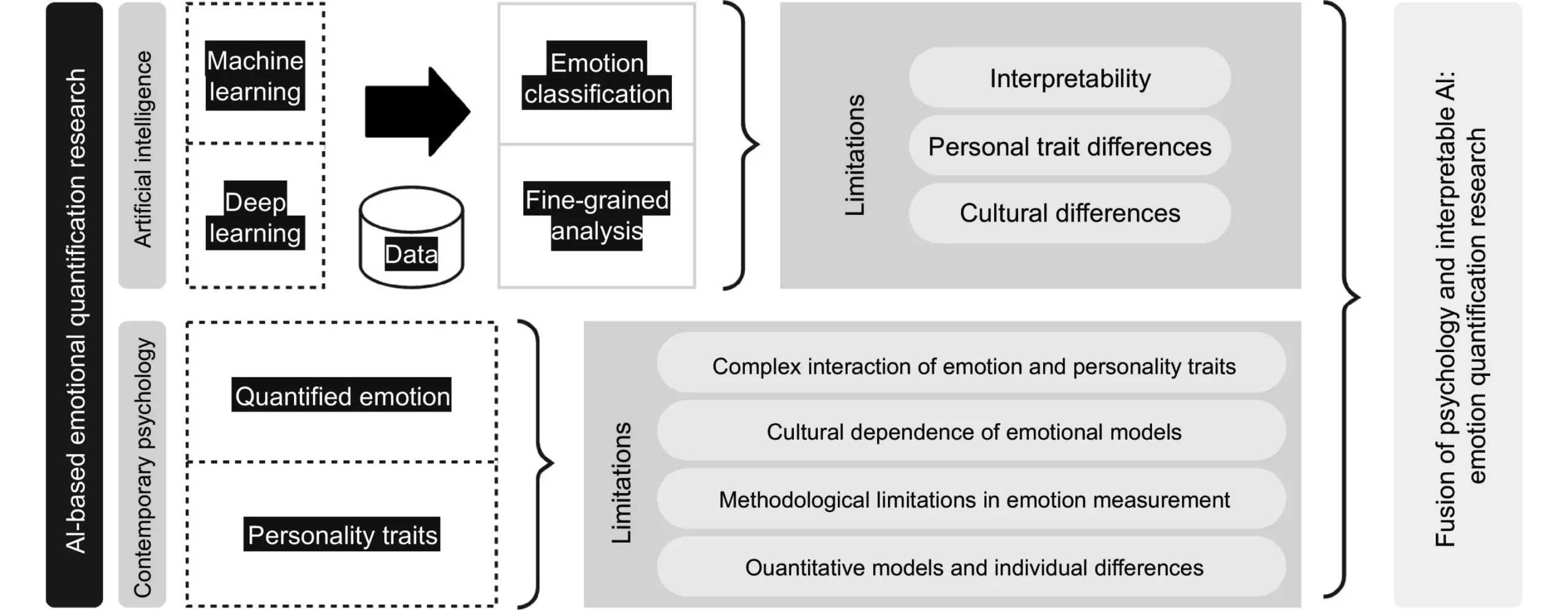Emotions represent one of the most intricate elements of human experience. With their multifaceted nature, emotions often defy easy categorization or quantification, leading to significant challenges in assessing feelings both in interpersonal relationships and within clinical settings. While humans possess an innate ability to read the room and gauge emotional states through subtle cues, replicating this capability in machines remains a formidable endeavor. As researchers delve deeper into this field, the integration of traditional psychological methods with advanced technologies, particularly artificial intelligence (AI), is paving the way toward new frontiers in emotion recognition.
Artificial intelligence systems are gradually evolving to observe, interpret, and quantify human emotions with increasing sophistication. By employing machine learning algorithms, which can process vast datasets, these AI systems aim to identify emotional cues that might elude even the most astute human observers. This dual approach, combining established psychological theories with cutting-edge technology, is anticipated to yield significant advancements across diverse sectors such as healthcare, education, and customer service. The potential for AI to decode human emotions could redefine our interaction with technology, making it more attuned to our emotional needs and improving user experiences.
A variety of innovative techniques are now emerging to enhance emotion detection accuracy. Facial Emotion Recognition (FER) is one such method that analyzes facial expressions and subtle changes in micro-expressions to deduce emotional states. Similarly, gesture recognition technology interprets body language to provide further insight into a person’s feelings. Furthermore, multi-modal emotion recognition combines information from various inputs, including visual (facial expressions), auditory (tone of voice), and tactile (physical touch) signals, enabling a more comprehensive understanding of emotions.
Notably, physiological indicators like heart rate variability, galvanic skin response, and brainwave activity measured through EEG scans are being incorporated into emotion recognition systems. By examining these multifarious data points, AI can begin to construct patterns that represent emotional states, transforming abstract emotional experiences into tangible data.
Success in this field hinges on interdisciplinary collaboration among AI experts, psychologists, and mental health professionals. As highlighted by researcher Feng Liu, fostering partnerships across these domains is essential for developing robust, reliable emotion quantification technologies. By leveraging psychological theories and frameworks alongside AI’s analytical capabilities, researchers aim to create tools that accurately reflect the complexities of human emotions.
The implications of effective emotion recognition systems extend beyond individual diagnostic benefits. In an era where mental health awareness is paramount, such technologies could facilitate improved mental health care, enabling healthcare providers to monitor and respond to patient emotional states proactively. Furthermore, by personalizing user experiences based on emotional input, businesses can enhance customer satisfaction and loyalty, ultimately driving innovation in service industries.
As with any technological advance, ethical considerations must be at the forefront of emotion recognition AI development. Issues surrounding safety, data privacy, and transparency are crucial, especially in sensitive arenas like healthcare and psychological counseling. Entities employing emotion recognition technologies must implement stringent data management practices to protect individuals’ privacy and foster trust.
Another critical consideration is the potential biases that may arise from cultural differences in emotional expression. Emotion recognition systems must adapt to the cultural nuances of diverse populations to ensure accuracy and reliability. By acknowledging and integrating these differences, researchers can enhance the validity of their findings and applications.
The convergence of traditional psychological principles and advanced AI techniques holds great promise for the future of emotion recognition. By unlocking the complexities of human emotion, we can improve mental health monitoring and create personalized experiences across various sectors. However, as we tread this innovative path, it is imperative to address ethical challenges and cultivate a culturally aware approach. Through this balanced and responsible development, emotion quantification AI may emerge as a transformative tool, enriching our understanding of the intricate web of human emotions and enhancing our interactions with technology and one another.

